In a meeting in a New York loft last year, Apple told around 30 developers that they ought to embrace subscription models.
According to a report this week by Business Insider, Apple convened an invitation-only meeting in New York in April of 2017, aimed at letting developers know that the model for apps was changing.
The developers, Apple told them, needed to be concerned with recurring revenue from subscriptions rather than one-time sales. This has resulted in more apps switching to a subscription model, leading to Apple's announcement in its last quarterly earnings report that paid subscriptions from Apple and third parties had passed $300 million.
The report does not make clear which developers were at the meeting, who was there representing Apple, or who owns the Tribeca loft where it took place. What we do know is that what Apple introduced to the developers at that 2017 meeting is reportedly internally referred to as "Subscription 2.0," an initiative that has been in the works since 2016.
Software as a service
At the meeting, the developers were told that they needed to shift their focus away from upfront cost and towards long-term engagement and recurring revenue.
This was at the heart of Subscriptions 2.0, which Business Insider describes as "a way for developers that made utilities and other kinds of apps to bill their customers on a regular, recurring basis." The meeting included talk of "launching, customer acquisition, testing and marketing, engagement, retention, monetization, and paid search ads."
Under Apple's revised subscription model, announced in 2016, the company continues to receive 30 percent of the subscription cost, but after a year, that figure is cut to 15 percent. The remainder goes to developers and app publishers, an incentive to adopt subscription pricing.
There are now about 30,000 subscription-based apps in the App Store. While only a small percentage of available apps in the App Store use the model — and many of those are non-indie giants like Netflix, HBO Now and Tinder — Apple is reportedly happy with how the effort is going.
Success stories
Examples of successful subscription apps, according to the story, include FaceTune 2, a sequel to FaceTune, which was the top downloaded paid app own the U.S. as of last week. FaceTune 2 has notched 500,000 active subscribers.
In January, Apple launched an app store section featuring free trials for certain subscription apps.
 Stephen Silver
Stephen Silver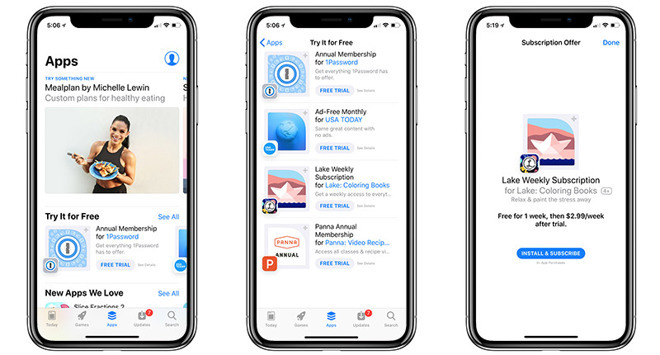

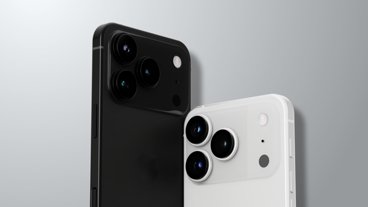
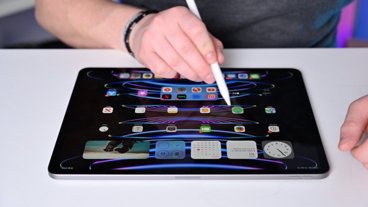
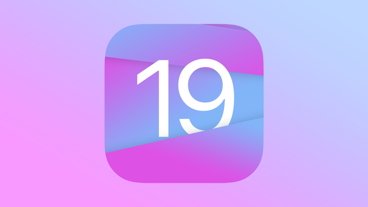
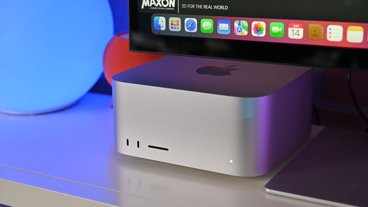

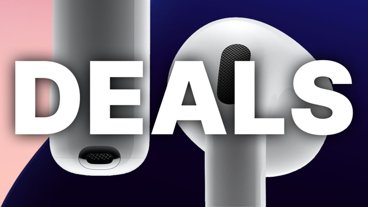
-m.jpg)





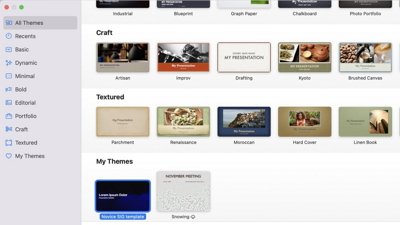
 Charles Martin
Charles Martin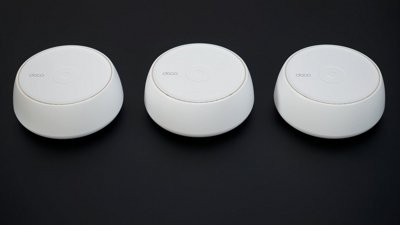
 Wesley Hilliard
Wesley Hilliard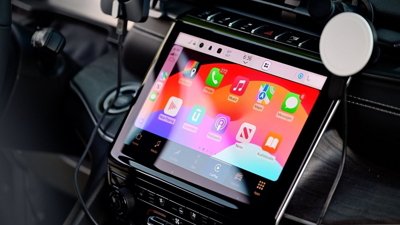
 Marko Zivkovic
Marko Zivkovic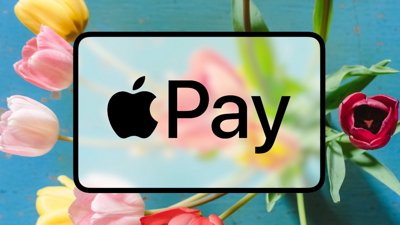
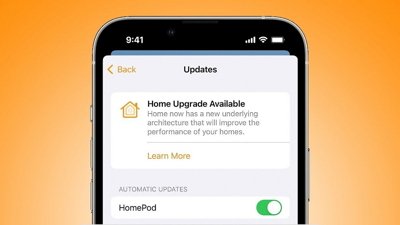

 Andrew O'Hara
Andrew O'Hara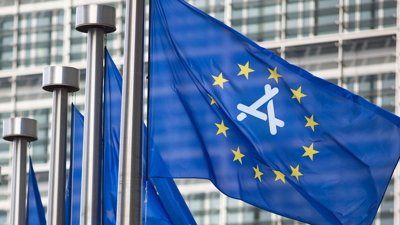
 Malcolm Owen
Malcolm Owen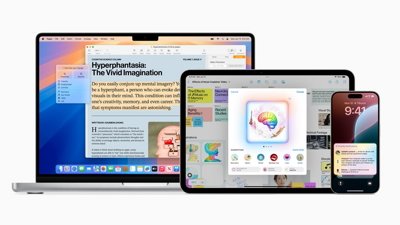
 Amber Neely
Amber Neely

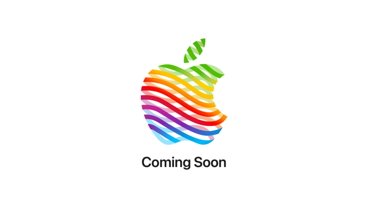


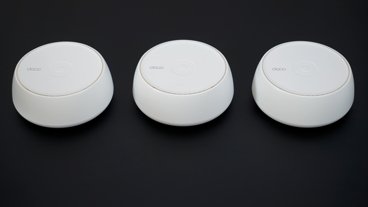



62 Comments
Sorry....will never give in to a subscription model and neither should anyone else!
I agree, this is nothing more than taking the ownership away from the customer. Rent everything, own nothing. I’m surely not trying to get all Alex Jones on my first post, but there is more than what is on this surface. The scary part is these devices and apps have become so much a part of everyday life that no one cares, and most will begrudgingly pony up the subscription costs and never own a damn thing.
I wish Apple would just allow bloody upgrade pricing! I’m more than happy to pay for a new version of an app if a new version is out. But The whole subscription model thing assumes that I use all my apps every month, which I don’t!
subscriptions work for music services because there’s always new content available. Subscriptions work for video because we rarely want to watch things over and over.
I dont need my word word processor or graphics app to be a subscription service because I might go months without using either one, then I might use it every day for a few months. I would rather just buy it and use it until it isn’t compatible with my device/OS.
Super tired of the subscription model trend, just a scheme to suck more money out of people!